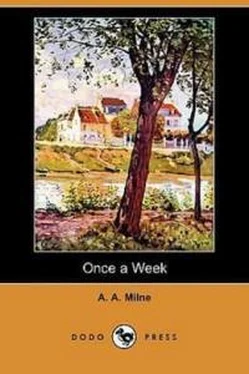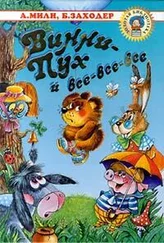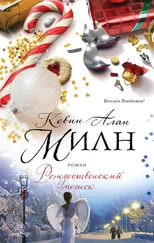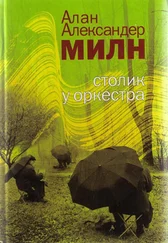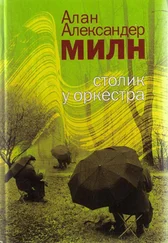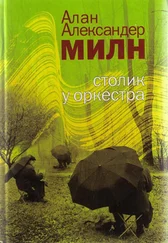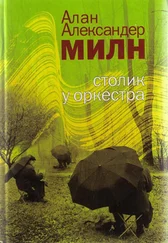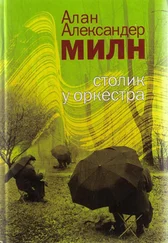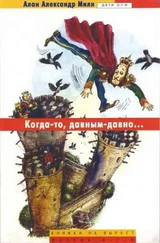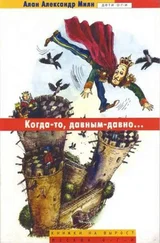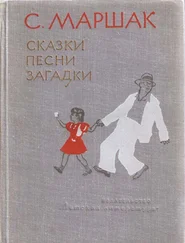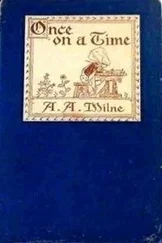"Well, it's like this, Margery," I said at last. "Supposing—well, you see, supposing—that is to say, if I ―" and then I stopped. I had a sort of feeling—intuition, they call it—that I was beginning in the wrong way.
"Go on," said Margery.
"Perhaps I had better put it this way. Supposing you were to― Well, we'd better begin further back than that. You know what― No, I don't suppose you do know that. Well, if I—that is to say, when a man—you know, it's rather difficult to explain this, Margery."
"Are you explaining it now?"
"I'm just going to begin."
"Thank you, Uncle."
I lit my pipe slowly, while I considered again how best to approach the matter.
"'Home Rails Firm,'" said Margery. "Isn't it a funny thing to say?"
It was. It was a very silly thing to say. Whoever said it first might have known what it would lead to.
"Perhaps I can explain it best like this, Margery," I said, beginning on a new tack. "I suppose you know what 'firm' means?"
"What does it mean?"
"Ah, well, if you don't know that ," I said, rather pleased, "perhaps I had better explain that first. 'Firm' means that—that is to say, you call a thing firm if it—well, if it doesn't—that is to say, a thing is firm if it can't move ."
"Like a house?"
"Well, something like that. This chair, for instance," and I put my hand on her chair, "is firm because you can't shake it. You see, it's quite― Hallo, what's that?"
"Oh, you bad Uncle, you've knocked the castor off again," cried Margery, greatly excited at the incident.
"This is too much," I said bitterly. "Even the furniture is against me."
"Go on explaining," said Margery, rocking herself in the now wobbly chair.
I decided to leave "firm." It is not an easy word to explain at the best of times, and when everything you touch goes and breaks itself it becomes perfectly impossible.
"Well, so much for that," I said. "And now we come to 'rails.' You know what rails are?"
"Like I've got in the nursery?"
This was splendid. I had forgotten these for the moment.
"Exactly. The rails your train goes on. Well then, ' Home Rails' would be rails at home ."
"Well, I've got them at home," said Margery in surprise. "I couldn't have them anywhere else."
"Quite so. Then 'Home Rails Firm' would mean that—er—home rails were—er—firm."
"But mine aren't, because they wobble. You know they do."
"Yes, but―"
"Well, why do they say 'Home Rails Firm' when they mean 'Home Rails Wobble'?"
"Ah, that's just it. The point is that when they say 'Home Rails Firm,' they don't mean that the rails themselves are firm. In fact, they don't mean at all what you think they mean. They mean something quite different."
"What do they mean?"
"I am just going to explain," I said stiffly.
* * * * *
"Or perhaps I had better put it this way," I said ten minutes later. "Supposing― Oh, Margery, it is difficult to explain."
"I must know," said Margery.
" Why do you want to know so badly?"
"I want to know a million million times more than anything else in the whole world."
"Why?"
"So as I can tell Angela," said Margery.
I plunged into my explanation again. Angela is three, and I can quite see how important it is that she should be sound on the question.
"Tell me a story," said Margery.
"What sort of a story?"
"A fairy story, because it's Christmas–time."
"But you know all the fairy stories."
"Then tell me a new fairy story."
"Right," I said.
Once upon a time there was a King who had three sons. The eldest son was a very thoughtful youth. He always had a reason for everything he did, and sometimes he would say things like "Economically it is to the advantage of the State that―" or "The civic interests of the community demand that―" before doing something specially horrid. He didn't want to be unkind to anybody, but he took what he called a "large view" of things; and if you happened to ask for a third help of plum–pudding he took the large view that you would be sorry about it next morning—and so you didn't have your plum–pudding. He was called Prince Proper.
The second son was a very wise youth. You couldn't catch him anyhow. If you asked him whether he knew the story of the three wells, or "Why does a chicken cross the road?" or anything really amusing like that, he would always say, "Oh, I heard that years ago!"—and whenever you began "Adam and Eve and Pinchme" he would pinch you at once without waiting like a gentleman until you had got to the end of the verse. He was called Prince Clever.
And the third son was just wonderfully beautiful. He had the most marvellously pink cheeks and long golden hair that you have ever seen. I don't much care for that style myself, but in the country in which he lived it was admired more than I can tell you. He was called Prince Goldenlocks. I'll give you three guesses why.
Now the King had reigned a long time, so long that he was tired of being king, and he often used to wonder which of his sons ought to succeed him. Of course, nowadays they never wonder, and the eldest son becomes king at once, and quite right too; but in those days it was generally left to the sons to prove which among themselves was the most worthy. Sometimes they would all be sent out to find the magic Dragon's Tooth, and only one would come back alive, which would save a lot of trouble; or else, after a lot of discussion, they would be told to go and find beautiful Princesses for themselves, and the one which brought back the most beautiful Princess—but very often that would lead to another discussion. The best way of all was to call in a Fairy to help. A Fairy has all sorts of tricks for finding out about you, and her favourite plan is to pretend to be something else and see what you do.
So the King called in a Fairy and said, "To–morrow I am sending out my three sons into the world to seek their fortune. I want you to test them for me and find out which is the most fitted to succeed to my throne. If it should happen to be Prince Goldenlocks—but, of course, I don't want to influence you in any way."
"Leave it to me," said the Fairy. "You agree, no doubt, that the quality most desirable in a king is love and kindliness―"
"Y–yes," said the King doubtfully.
"I was sure of it. Well, I have a way of putting this quality to the test which has never yet failed." And with that she vanished. She could have gone out at the door quite easily, but she preferred to vanish.
I expect you know what her way was. You have read about it often in your fairy books. On the next day, as Prince Proper was coming along the road, she appeared suddenly in front of him in the shape of a poor old woman.
"Please give me something to buy a crust of bread, pretty gentleman," she pleaded. "I'm starving."
Prince Proper looked at her sternly.
"Economically," he said, "it is to the advantage of the State that the submerged classes should be a charge on the State itself and not on individuals. The civic interests of the community demand that promiscuous charity should be sternly discouraged. Surely you see that for yourself?"
The Fairy didn't quite. The language had taken her by surprise. In all her previous adventures of this kind, two of the young Princes had refused her roughly, and the third had shared his last piece of bread with her. This adventure was going all wrong.
"Let me explain it to you more fully," went on Proper, and for an hour and twenty–seven minutes he did so. Then he went on his way, leaving a dazed Fairy behind him.
Читать дальше
